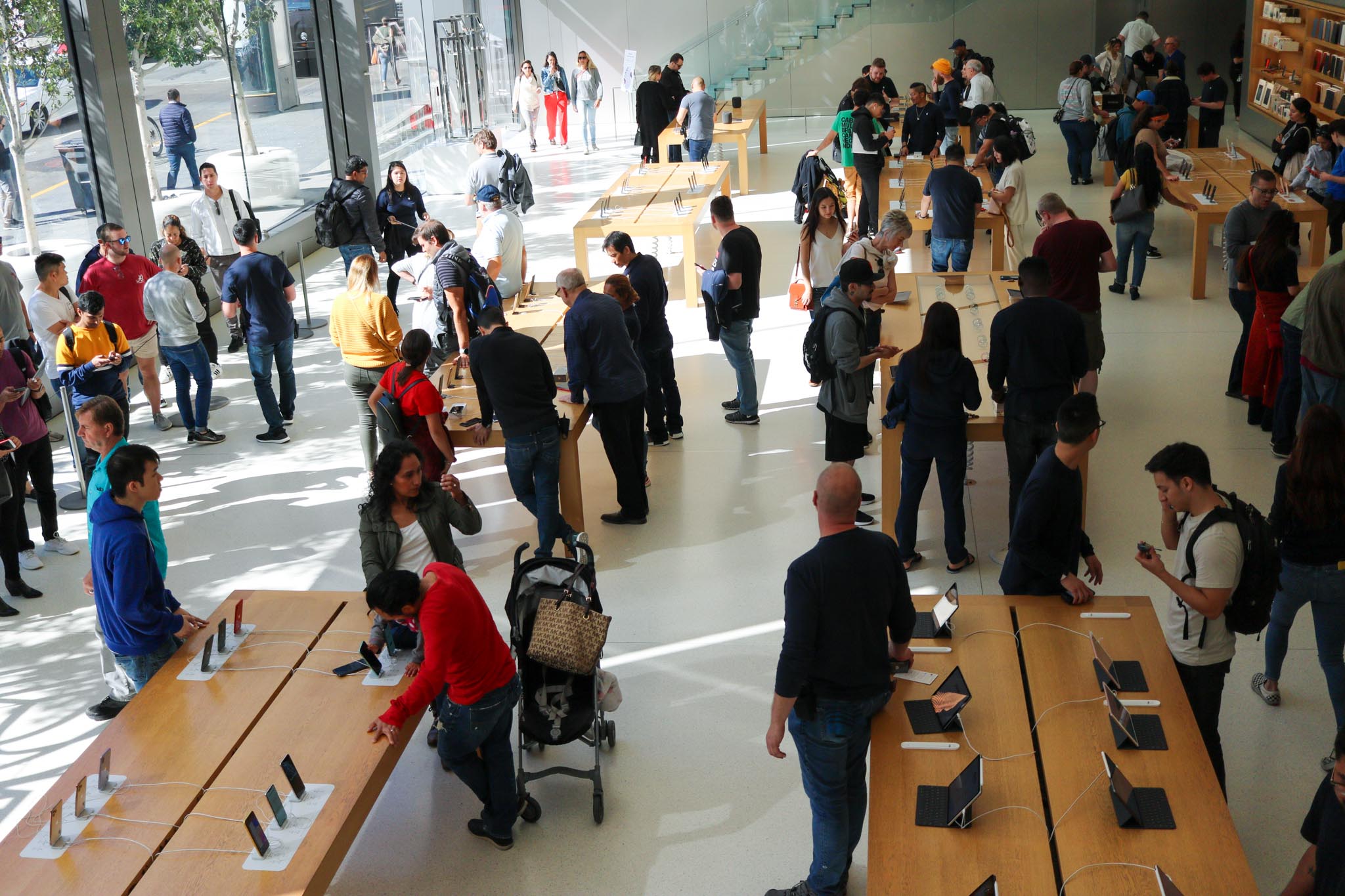American business leaders are steadfast in their bullish outlook for growth, even as they acknowledge feeling the impact of protectionism and geopolitical uncertainty.
33% of US firms believe rising protectionism has made them more competitive; 35% see international expansion as the top driver of growth, according to HSBC Navigator survey of business leaders in 35 markets
UK, France rise, China slips as favored markets among US firms; US remains top destination for expansion plans of foreign firms
In fact, optimism among US firms is far ahead of the global average, and they attribute their upbeat outlook to the competitive benefits of new technology, access to high-quality suppliers and raw materials, bringing new products and services to market, and international expansion, according to the latest HSBC “Navigator: Now, Next and How” survey of business leaders in the United States and 34 other countries and territories.

“American businesses are taking a can-do attitude to the unsettled environment, even as they make a eyes-wide-open assessment of the range of headwinds to growth and international expansion,” said Patricia Gomes, head of Global Trade and Receivables Finance for United States and Canada, HSBC. “They understand that rising barriers to international trade and investment, changes in global supply chains, and the adoption of digital technology will lead to winners and losers. They are determined to be winners.”
Two-thirds (67%) of US businesses are more optimistic than a year ago, well ahead of the global average (47%), according to the HSBC Navigator 2019: United States which summarizes survey results of 500 American business leaders. Four out of five (80%) US businesses expect sales to grow next year. The United States is home to a significantly higher share (34%) of “high-growth companies” that are exceptionally optimistic and expect sales to rise 15 percent or more than in Europe (18%) or Asia Pacific (19%).
Nearly three-quarters (73%) of US businesses feel that protectionism is increasing in their key international markets, and more than three-quarters (78%) say they feel the impact on their operations of geopolitical changes.
Nonetheless, four in five US firms with international operations (83%) expect international sales to grow in the next year, and more than one-third (35%) see international expansion as a top driver of growth. Almost nine in ten (89%) business leaders have a positive outlook on international trade for their business, making Americans more optimistic than the global average (81%).
Interestingly, rising protectionism is seen by American businesses as providing a competitive advantage in their huge home market, and this may outweigh the negative affects of more barriers to imports and investment in international markets. One-third (33%) of US firms say this protectionism has increased the competitiveness of their business.
American businesses are focusing more on their business partners in Europe, now and in the future. While Canada continues the top trading partner, the United Kingdom has risen to the second spot from fourth a year ago, while China fell to fifth from second.
American firms’ outlook on Asia is uneven. While the region as a whole continues to be seen as a growth market, trade is down more than a third to a quarter, almost entirely due to a cut in trade with China from 20% to 11%.
For future expansion, US firms are looking increasingly to Europe as well to North America. Canada and Mexico strengthened their positions as the preferred markets for expansion in the next three to five years. UK and France also rose in importance, and China was the sixth most mentioned market for future expansion, unchanged from 2018.
Global businesses overwhelming look to the United States for future expansion, HSBC Navigator’s survey of more than 9,100 business leaders in 35 markets showed. In Asia Pacific, the US market is identified as a top choice for future expansion by nearly one out of five (16%) businesses, just ahead of China (14%). In Europe, America is on par with Germany (13%), and in Germany businesses give nearly the same importance to the United States (9%) than to neighboring France (8%).
Note to editors:
HSBC Navigator: Now, next and how for business
HSBC’s Navigator report comprises a global survey gauging business sentiment and expectations on trade activity and business growth from 9,131 decision-makers in 35 markets. Research was conducted by Kantar for HSBC between August and September 2019. HSBC’s Navigator helps businesses capitalise on new opportunities and make informed decisions for the future by understanding the outlook for international trade.
The full report can be accessed here: www.business.hsbc.com/trade-navigator
Interviews for the Navigator: Now, next and how survey were conducted in Argentina, Australia, Bangladesh, Belgium, Brazil, Canada, Egypt, France, Germany, Greece, Hong Kong, India, Indonesia, Ireland, Italy, Japan, mainland China, Malaysia, Mexico, the Netherlands, Poland, Russia, Saudi Arabia, Singapore, South Africa, South Korea, Spain, Sweden, Switzerland, Thailand, Turkey, the UAE, the UK, the USA and Vietnam.
Over 5,000 of the companies interviewed were SMEs making annual sales of between US$5m and US$50m, with the remainder being larger enterprises.
Source: HSBC Bank USA
Leave a Reply